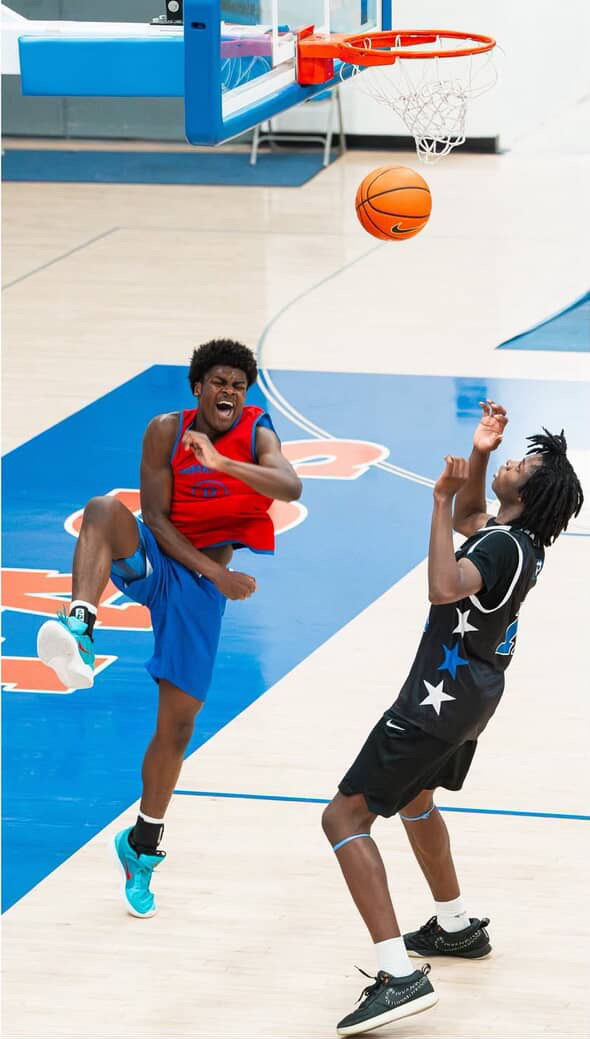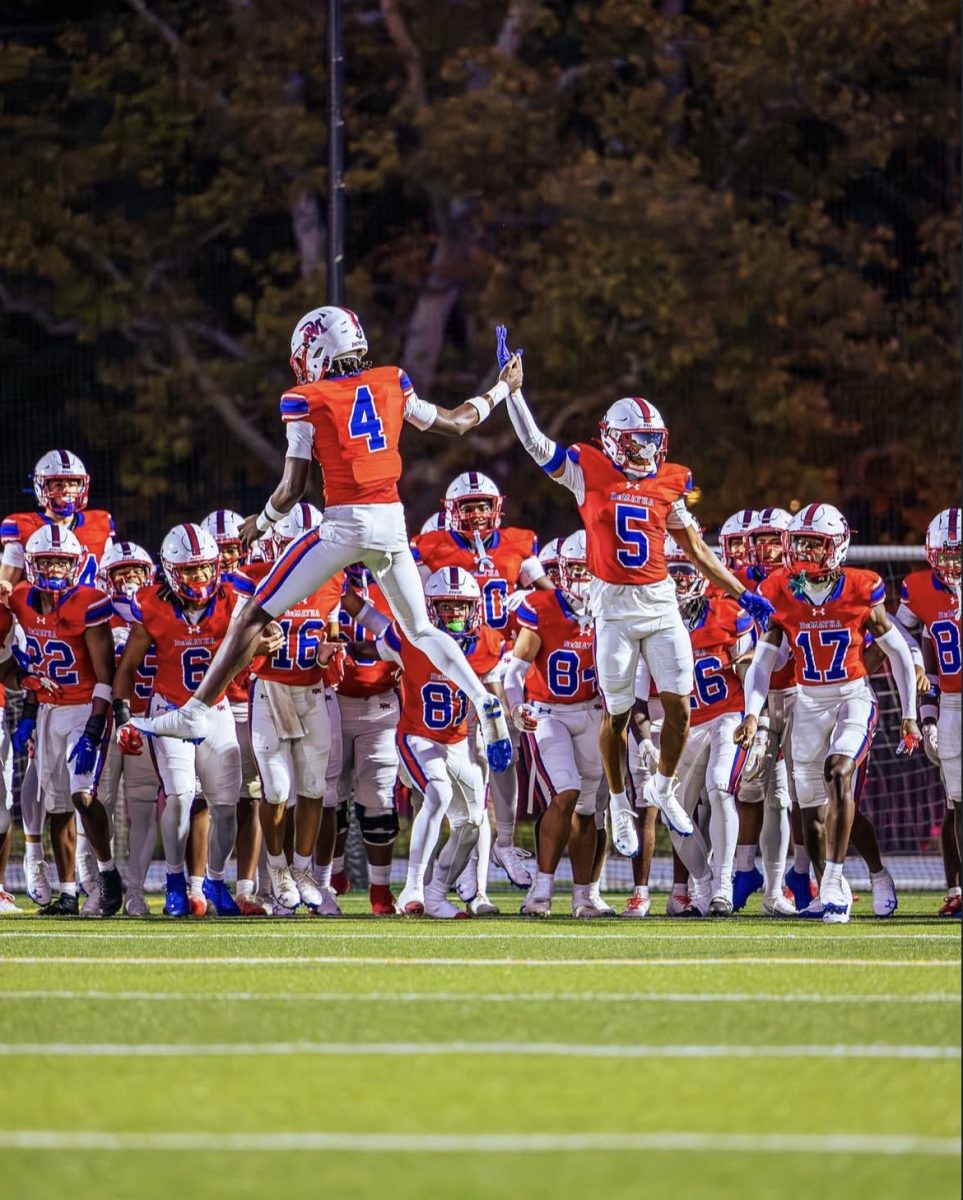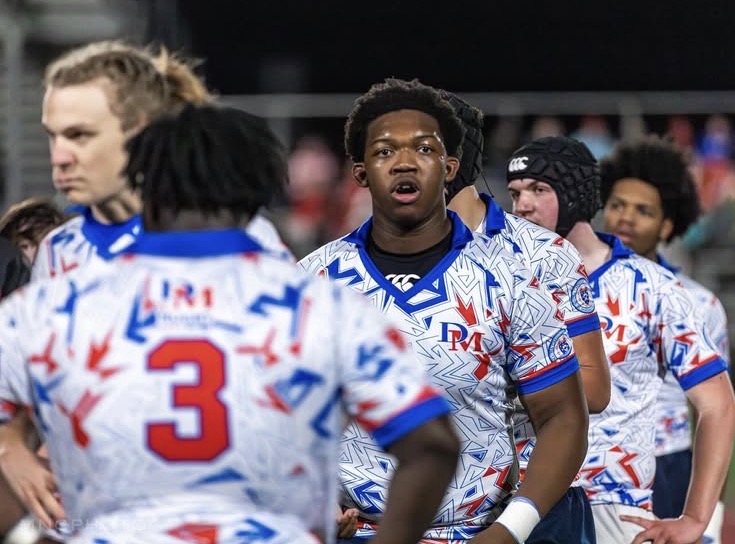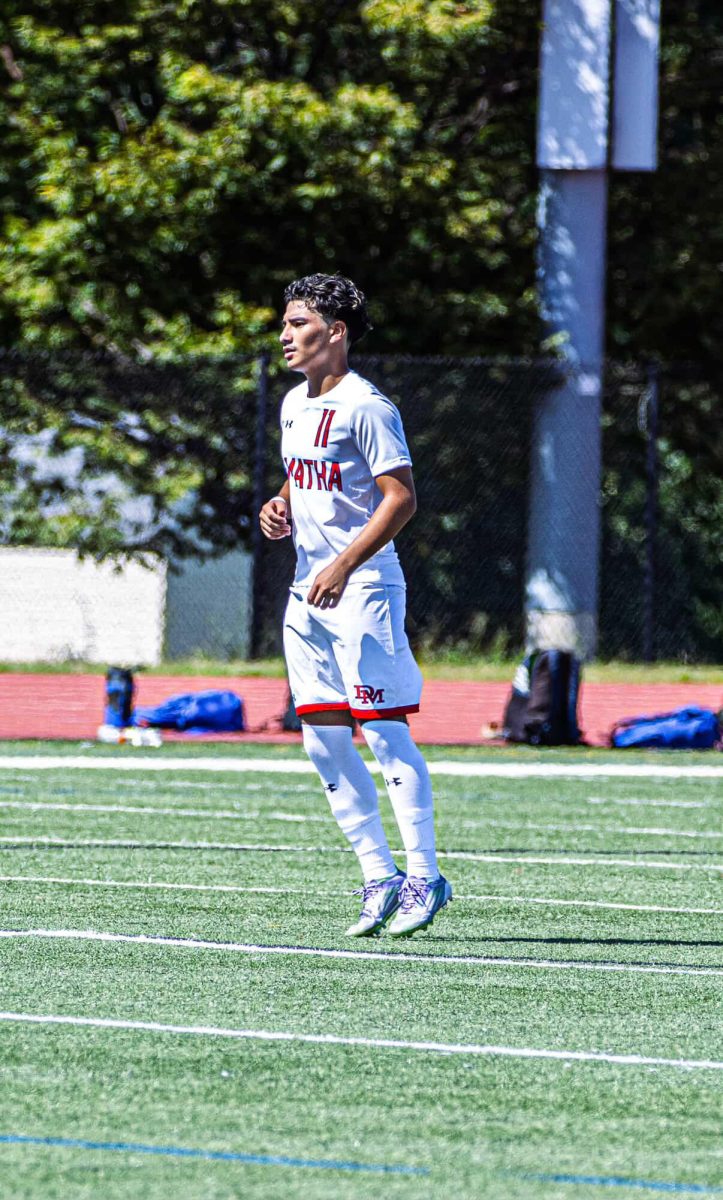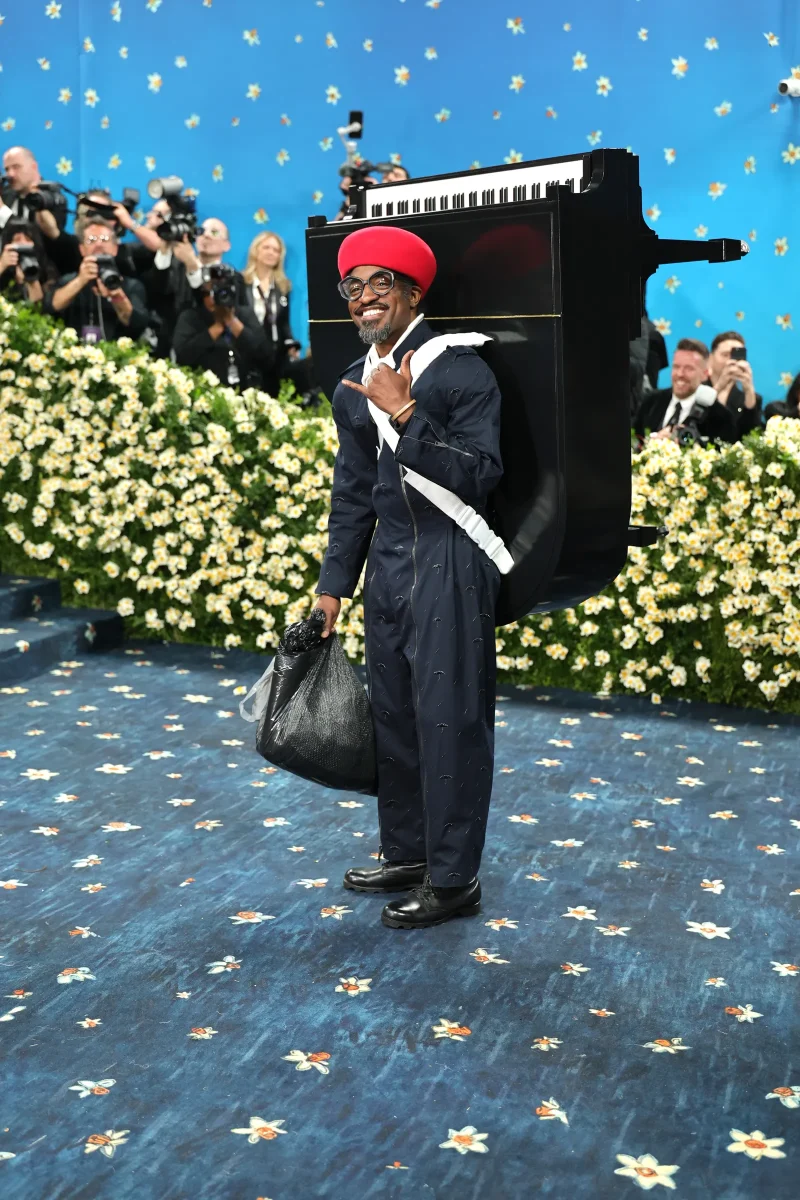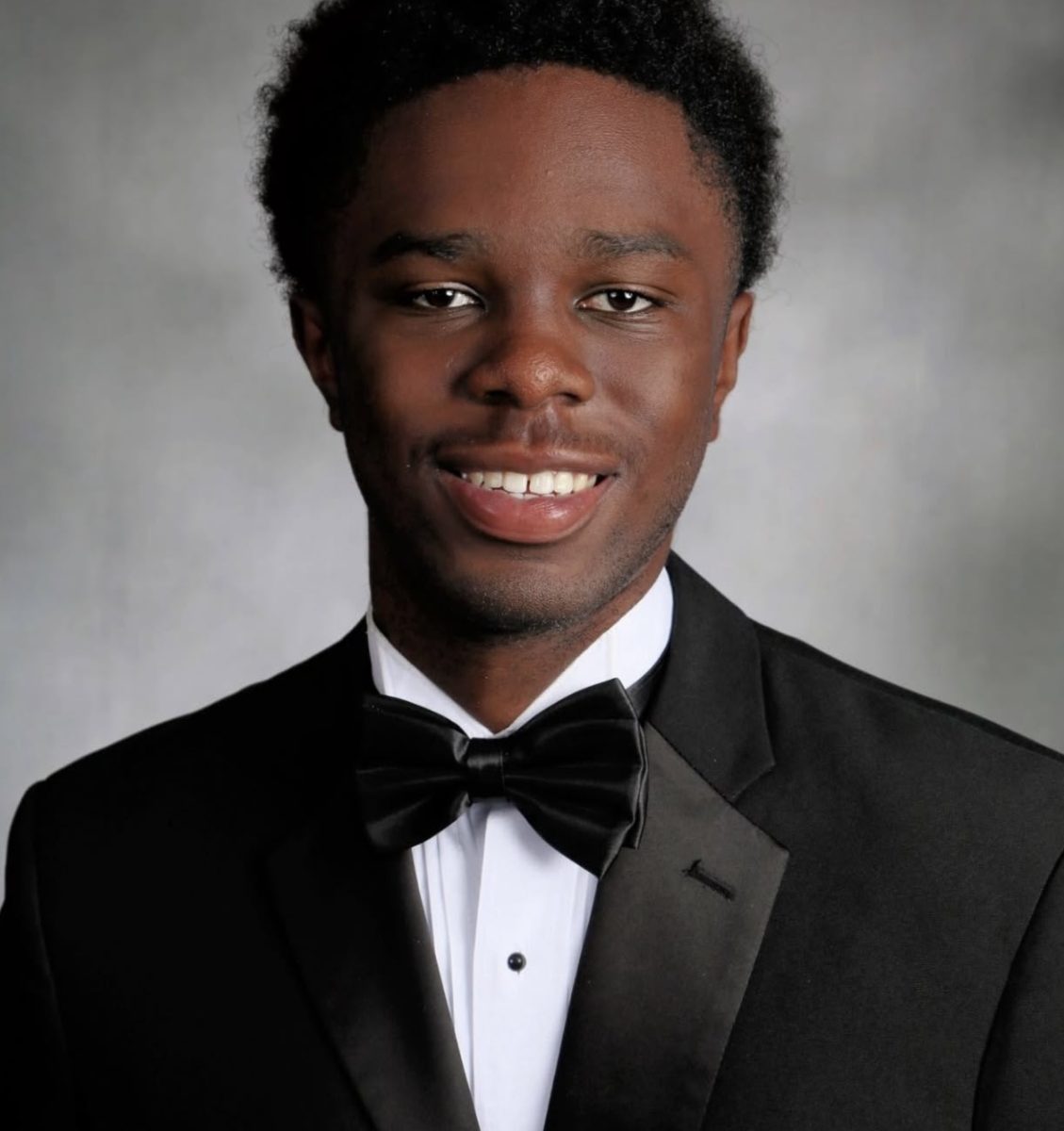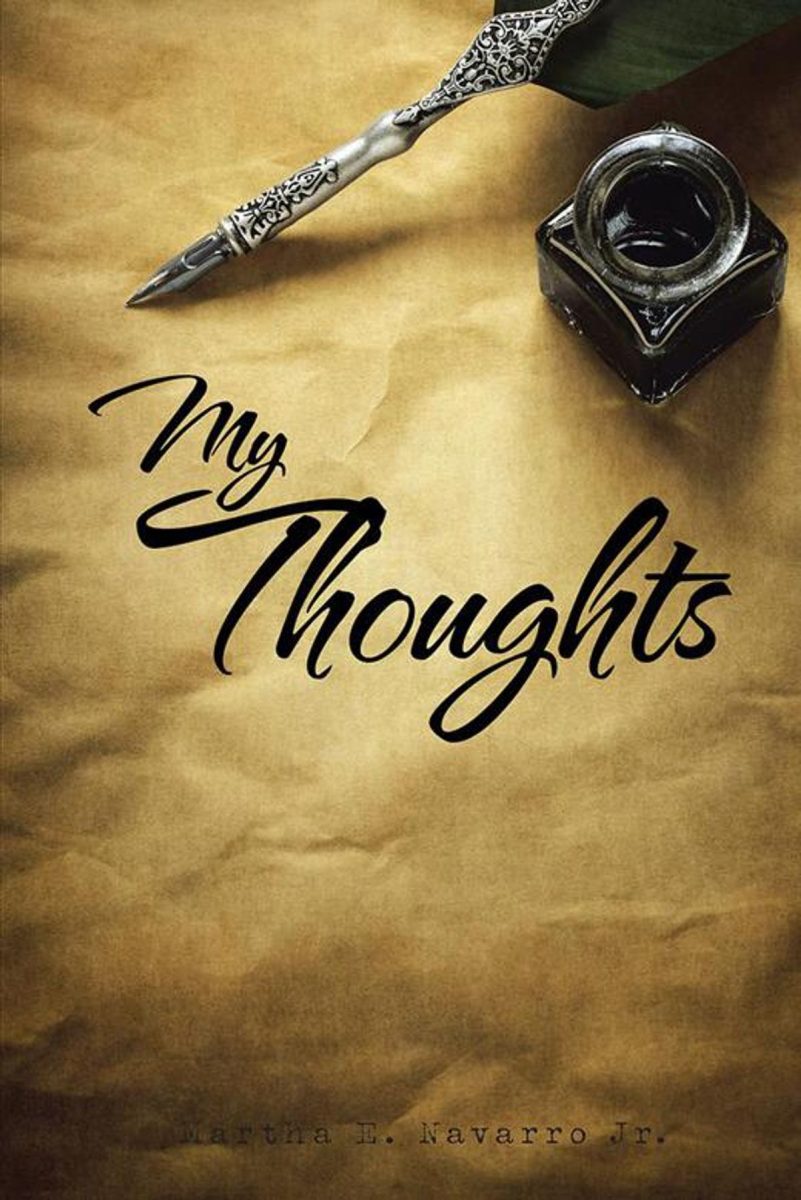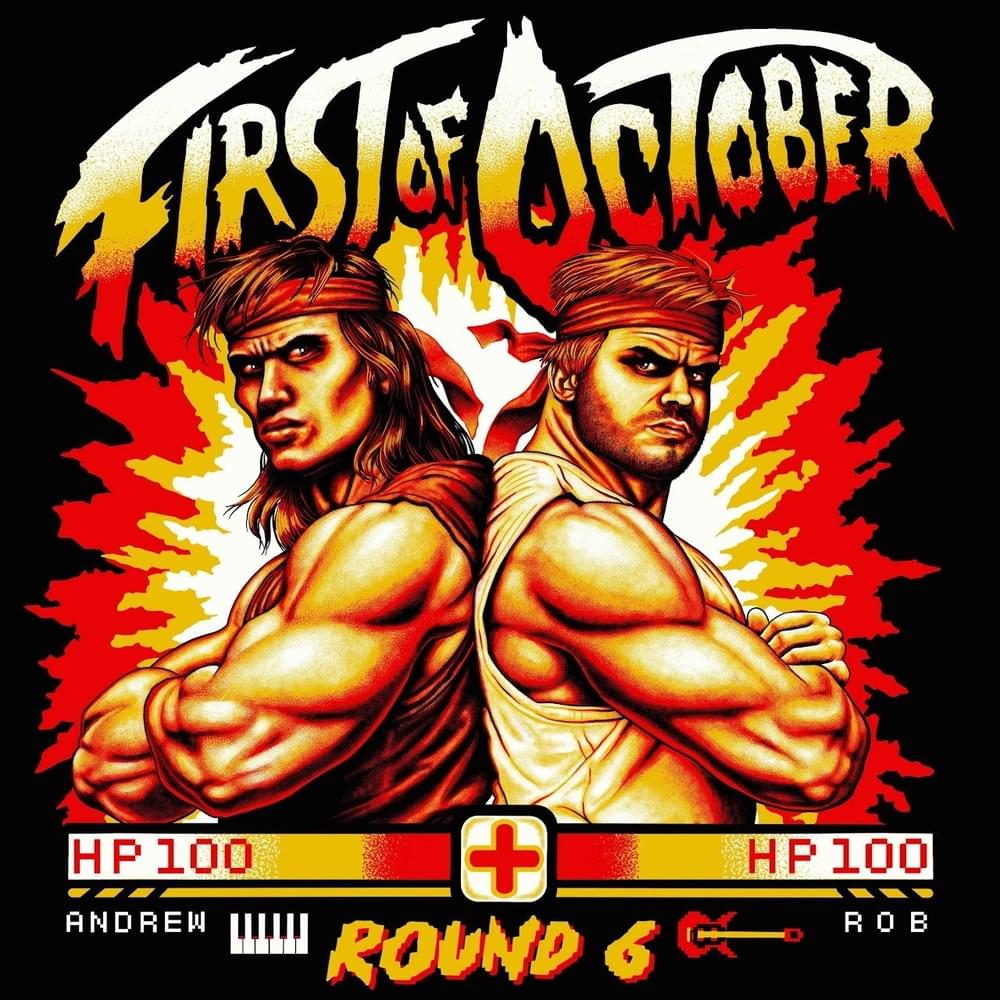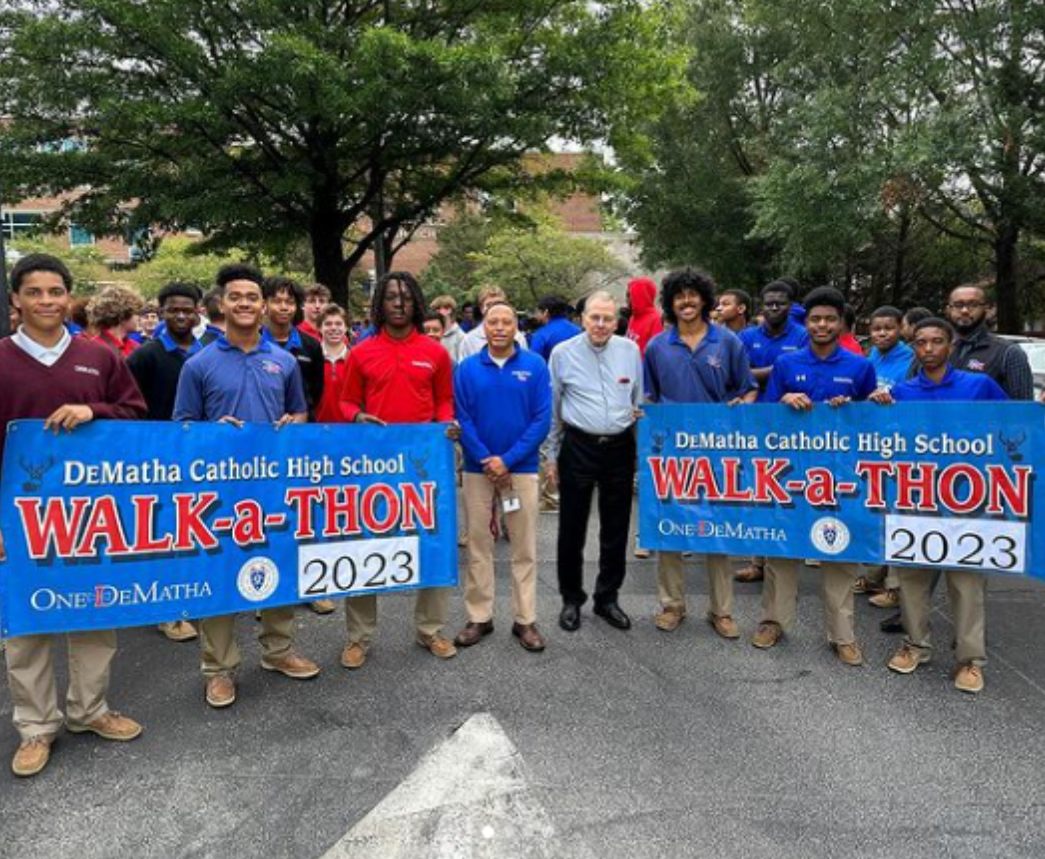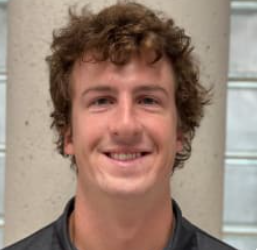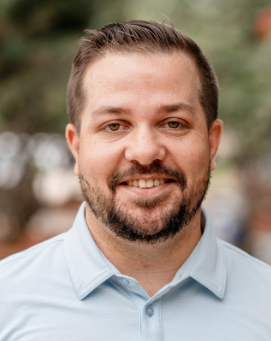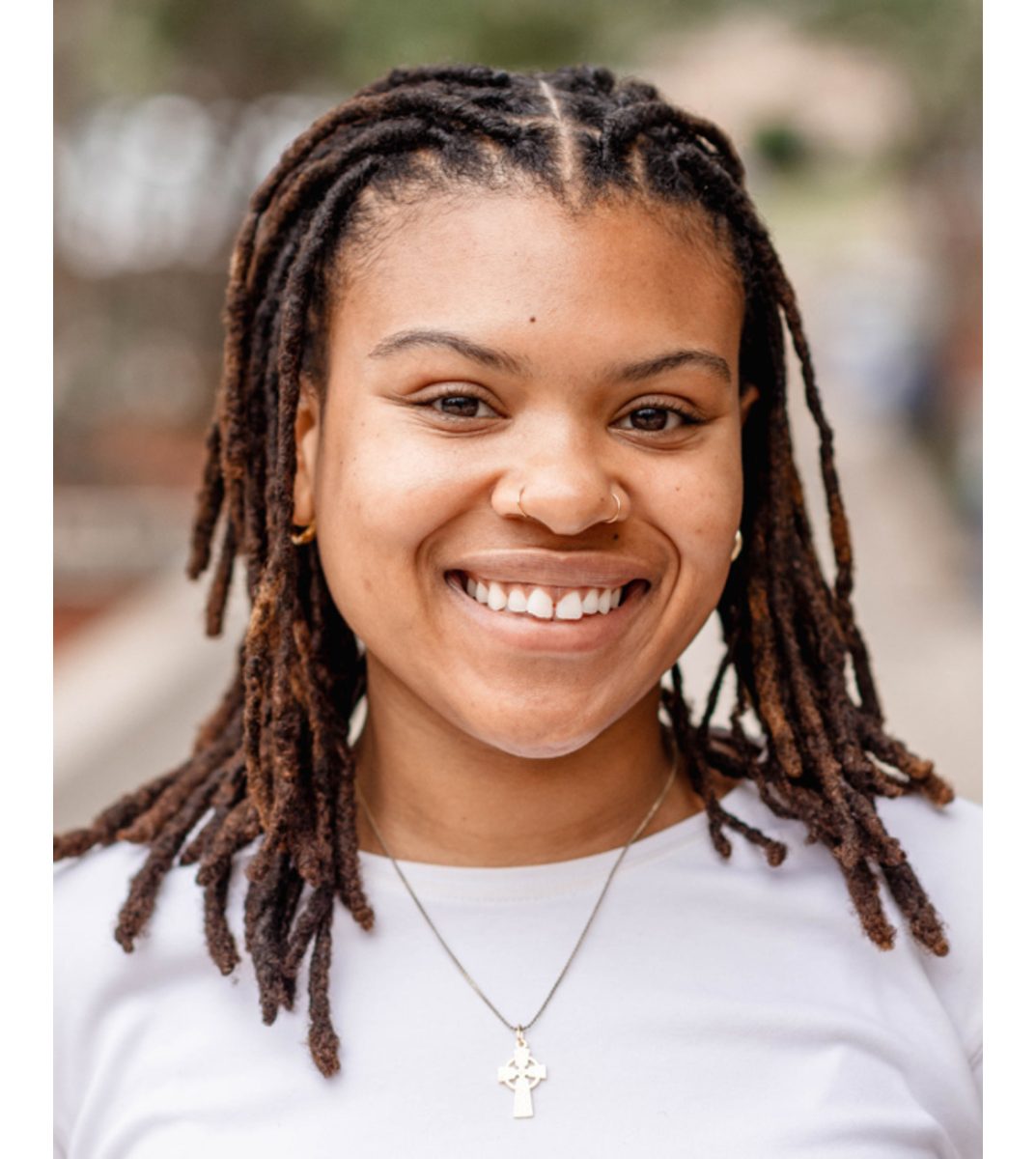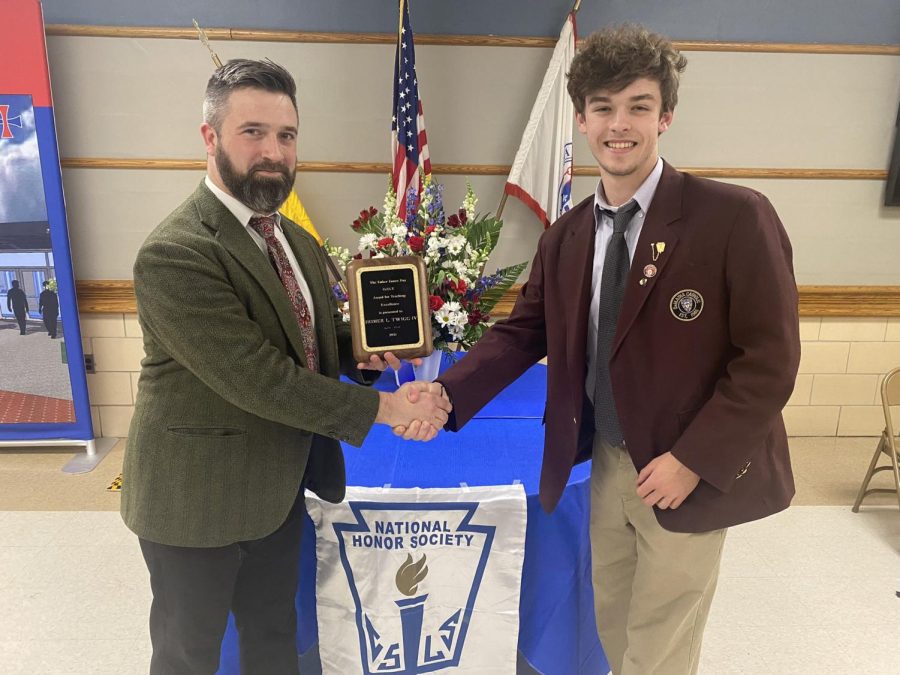From Indiana to Rome: Mr. Twigg Looks Back
May 13, 2022
It’s hard to spend a day on DeMatha’s campus and not cross paths with Mr. Twigg. Whether it be when he’s teaching Christian Ethics to juniors, grabbing a bite to eat at the cafeteria, or leading the Chess Club, Mr. Twigg is active in the DeMatha community.
However, not many people know the steps he took to become DeMatha’s resident Dante expert. For Mr. Twigg, he was always interested in religion, as his “first intellectual interest was in Tibetan Buddhism.” He believes that his interest in religion, and by extension God, happened to be genetic, as “you either wake up wondering about God, or you don’t.” His interest in Buddhism led him to a deeper understanding of Catholicism, and he knew before college that he wanted to major in theology.
Teaching seemed to be one of his hidden passions that he had to discover. His time at the Ransburg Scout Reservation in Southern Indiana where he taught astronomy, flora and fauna management, and assisted with forestry merit badges, helped him to uncover this passion that would shape his life. Inspired by his teachers at Wabash College, he knew by 21 he wanted to teach at the university level.
When you have a passion for something, it tends to take you to a lot of new and exciting places. For Mr. Twigg, he suddenly found himself transported from rural Indiana to the heart of the Catholic Church in Italy. From 2008 to 2009, he lived with The Monks of Norcia and helped them with various tasks, including translating the homilies from Italian into English. After that, he moved to Rome to study at the Angelicum, otherwise known as the Pontifical University of St. Thomas Aquinas. Mr. Twigg studied under Fr. Giertych, Fr. Paul Murray, and the now Bishop of Fribourg Fr. Morerod, who are all “world-class educators and holy men,” by his description.
Even though he continued his education in the states, his time in Italy had great effects. During his studies in Rome, he went to Church at the Most Holy Trinity of the Pilgrim Church, and applauded “God’s providential humor” in taking him from a Trinitarian church to the singular Trinitarian school in America. “But better than that,” he says, “I met my future bride there after Mass one Sunday.”
Once he returned from Europe, he set out to achieve his Ph.D. While he was working on this at Catholic University, he applied to a job opening here at DeMatha. Despite the long process it took, with the school getting back to him after three years, it turned out to be a good decision as he continues to teach to this day.
No Christian Ethics course under Mr. Twigg is complete without a thorough examination of Dante’s Purgatorio, the second part in the greater Divine Comedy. Students typically read through the entire book, looking for deeper meanings in the text to get a better understanding of what the 13th century author wanted to say. Mr. Twigg found his love for Dante under Dr. Mary Reichardt at the University of St. Thomas. “I was fresh back from Italy, living in St. Paul to finish my Masters, and I felt bad that I hadn’t read it yet, so I picked her class.” According to Mr. Twigg, Dr. Reichardt taught the class so well that he “fell in love” with Dante’s work.
Teaching in general is already a tough profession, so it’s no surprise that Mr. Twigg ran into some challenges while teaching religion. As he stated previously, he believes that some people are simply more inclined towards studying God than others. “It’s kind of like ESPN with me,” he remarked. “I see the beauty of the drama of the game, but I just can’t find the inner interest in sports…And I think that’s probably the same with a lot of people with religion.”
It’s different from other classes, he thinks, as one doesn’t have the option of not caring for math, as the subject is essential for functioning in this world and being an adult. While he pondered it, he posed another interesting question. “Do you need God to be an adult?” To figure it out, you’d be well served to ask Mr. Twigg.
One cannot be a good theologian or historian and not wonder what various figures throughout our history think about today. Especially in a class like Christian Ethics, where a wide range of topics are covered, such as the morality of heaven and hell and the implications of artificial intelligence, such questions are bound to come up.
For Mr. Twigg, he would want to know what Jesus thinks about today’s world. “I’d ask him about climate change, transgenderism, nuclear war, communism vs. capitalism, and a few other topics,” though preferably in a recorded session, he adds. “We need answers down here!”
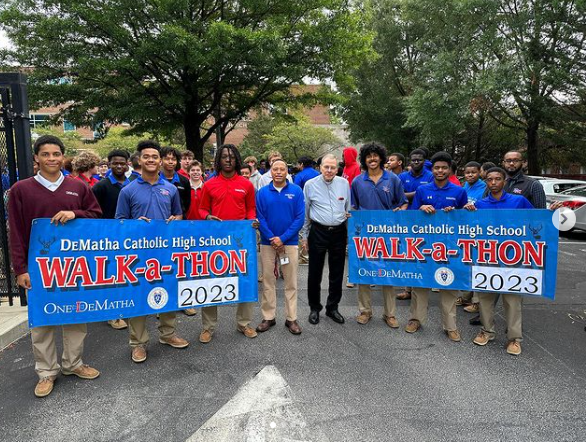

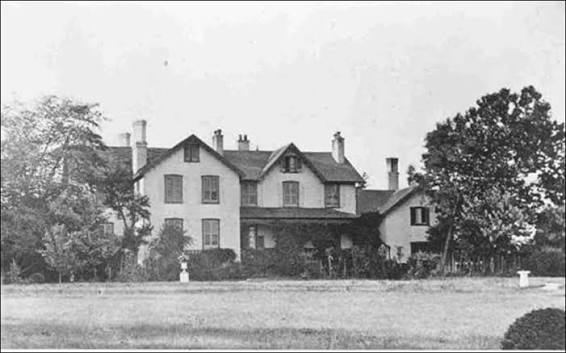
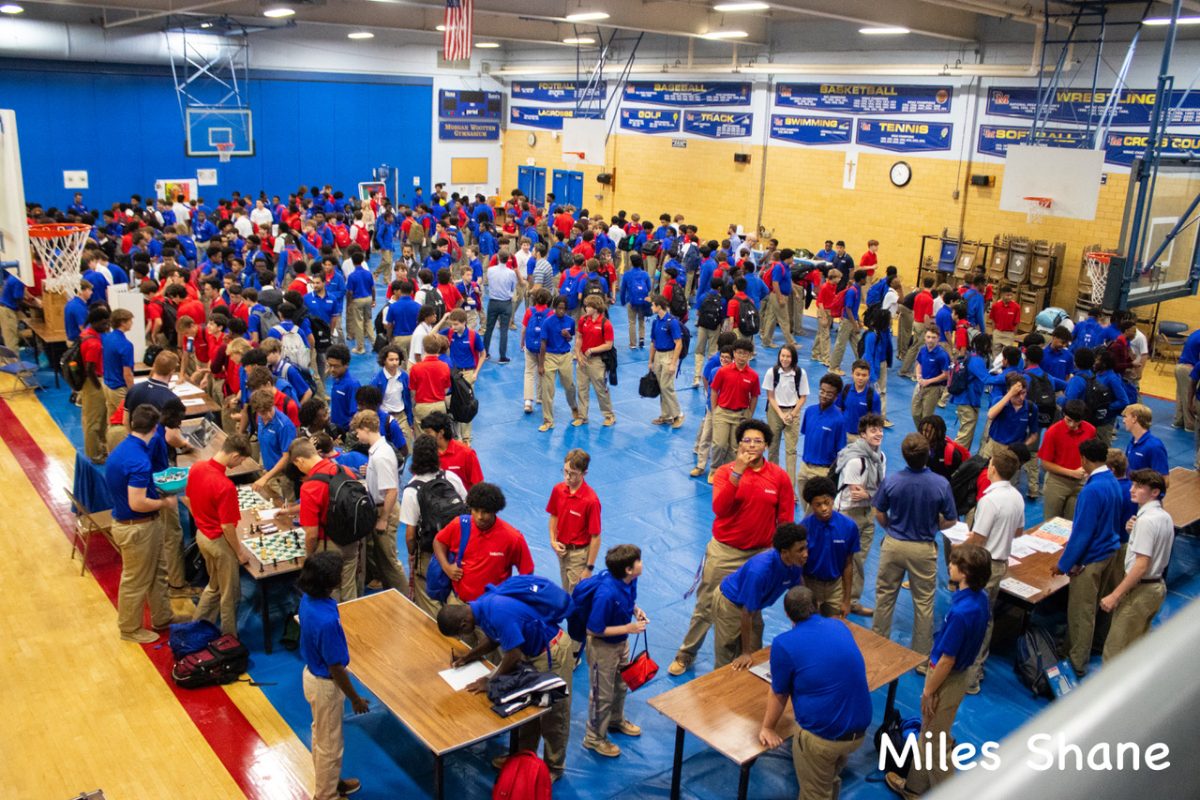
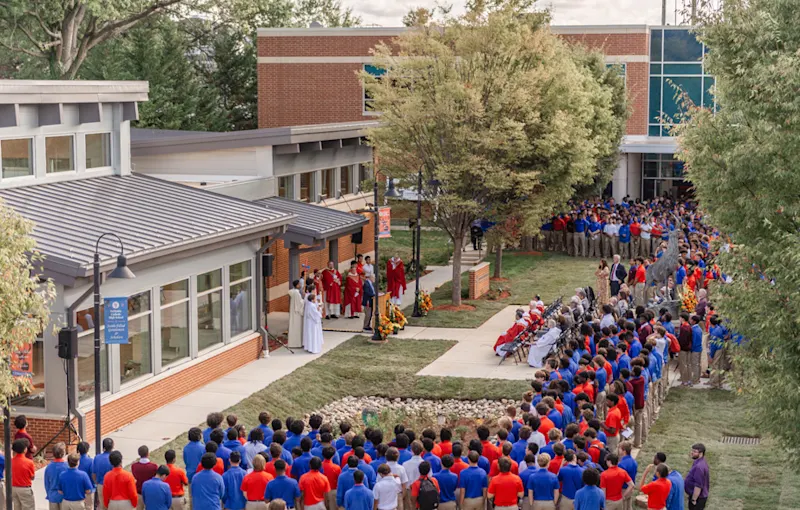
![DeMatha Catholic [@DeMatha Catholic]. 2025, September, 19. Instagram.](https://demathastagline.com/wp-content/uploads/2025/09/IMG_3305.jpeg)
